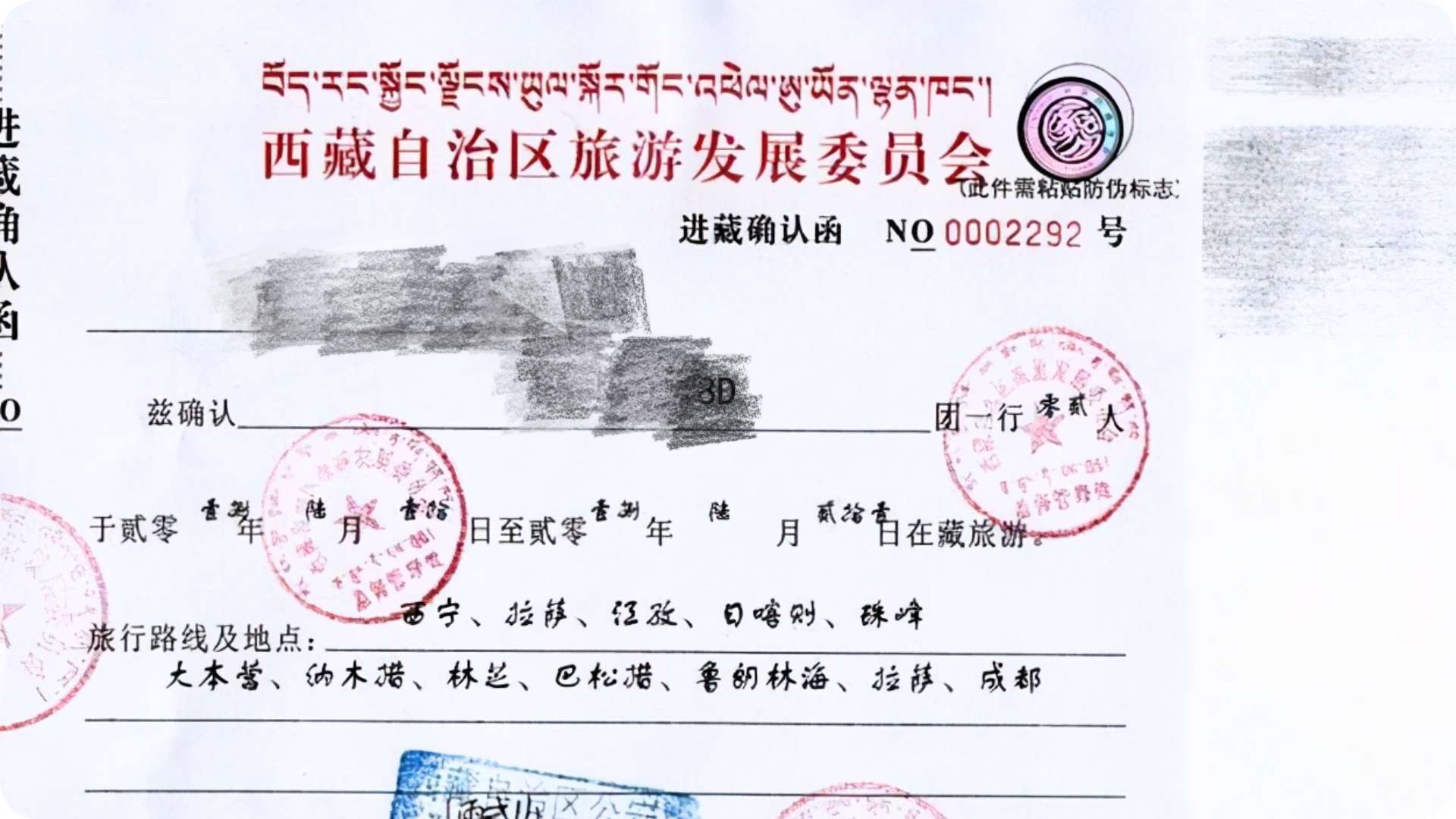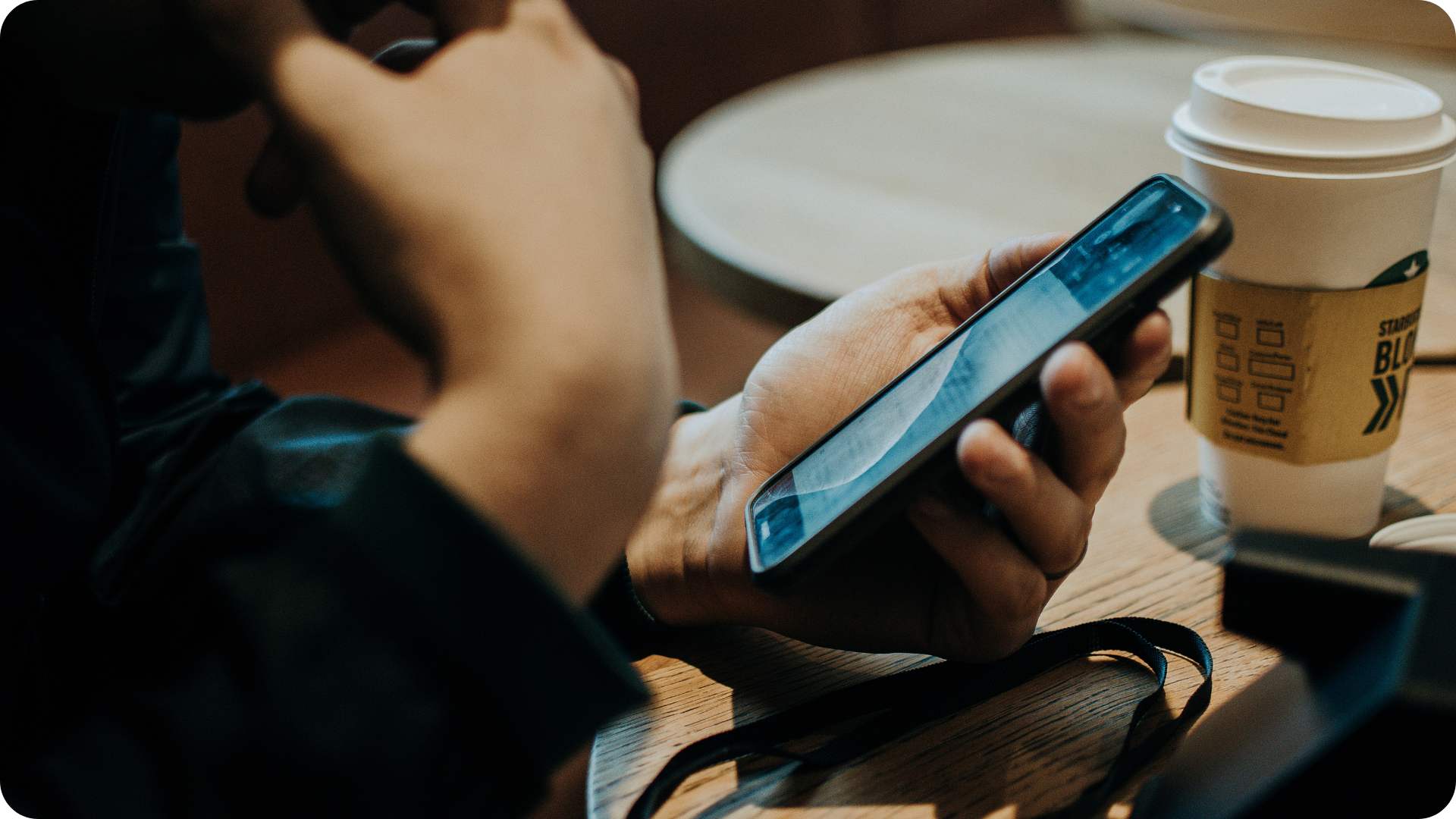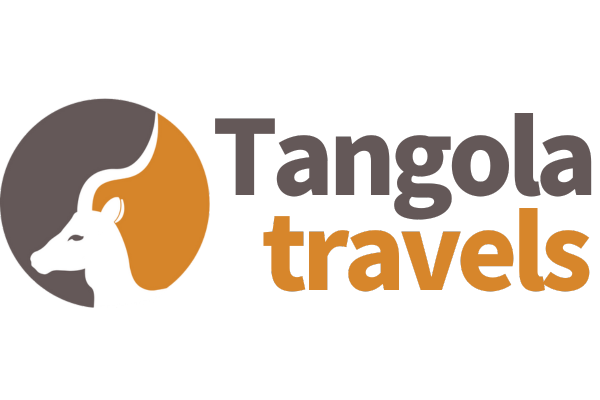Essential Tips for Traveling in China: What You Need to Know?
Here’s a more detailed list of useful things to know before traveling in China:
Visa Requirements
Check the specific visa requirements based on your nationality and the purpose of your visit. Most travelers need a tourist visa (L visa).
Apply at least a month in advance and ensure your passport is valid for at least six months beyond your planned departure.

Language Barrier
While English is spoken in major cities, many locals may not understand it. Learning basic phrases like “hello” (你好, nǐ hǎo), “thank you” (谢谢, xièxiè), and “how much?” (多少钱, duōshǎo qián) can be very helpful.
Download translation apps like Google Translate or Pleco to assist with communication.
Cashless Payments
Mobile payment systems like WeChat Pay and Alipay dominate transactions. Set up an account if you plan to stay longer or use these services frequently.
Carry some cash (RMB) for small purchases, especially in rural areas where digital payments may not be accepted.

Internet Restrictions
Many foreign websites and apps, including Google, Facebook, and Twitter, are blocked. Use a VPN to access them while in China.
Research local alternatives, such as Baidu for search and Weibo for social media.

Cultural Etiquette
When dining, it’s polite to wait for the host to start the meal. Try to share dishes family-style rather than ordering individually.
Avoid pointing at people or using your feet to gesture, as these actions can be considered disrespectful.

Transportation
The metro system in cities like Beijing and Shanghai is efficient and easy to navigate. Purchase a transportation card for convenience.
High-speed trains are an excellent way to travel between cities. Book tickets online or at the station in advance, especially for popular routes.

Health Precautions
Drink only bottled or boiled water; avoid ice unless you know it’s made from purified water.
Carry basic medications for common ailments (like headaches or digestive issues) as pharmacies may have limited options for foreigners.
Travel Insurance
Ensure your travel insurance covers health emergencies, trip cancellations, and lost belongings. Read the fine print to know what is and isn’t covered.

Tibet Travel Permit
If visiting Tibet, the travel permit is essential. Apply at least 30 days in advance through a travel agency.
Be aware of the altitude and prepare accordingly, especially when visiting high-altitude areas like Lhasa and Everest Base Camp.

Emergency Contacts
Save important numbers in your phone, including your country’s embassy, local emergency services (e.g., 110 for police, 120 for medical emergencies), and your accommodation.
Local Customs
Gift-giving is common in Chinese culture. If invited to someone’s home, consider bringing a small gift like fruit or tea.
When greeting someone, a slight bow or nod is more common than a firm handshake.

Food Safety
Opt for busy street food vendors to ensure freshness. Always choose cooked dishes over raw.
Be cautious with dairy products, as they may not be commonly consumed in all regions.

Public Restrooms
Be prepared for varying restroom conditions; some may lack toilet paper or soap. Carry tissues and hand sanitizer for convenience.

Safety
China is generally safe, but remain vigilant in crowded places and keep your belongings secure. Use a money belt for important documents.
Travel Apps
Useful apps include Didi for ride-hailing, Ctrip or Trip.com for travel bookings, and Google Maps (with VPN) or Baidu Maps for navigation.

Cultural Sites
Dress modestly when visiting temples or religious sites. Women should cover their shoulders and knees, while men should avoid shorts.

Bargaining
In markets, haggling is expected. Start with a low offer and negotiate until you reach a price both parties are comfortable with.

Public Transport Etiquette
Offer your seat to the elderly, pregnant women, or those with disabilities. Maintain quietness on public transport as a sign of respect.

Shopping Tips
Be cautious with high-end brands, as counterfeits are common. Stick to reputable shops or markets for souvenirs.

Time Zones
China operates on a single time zone (China Standard Time, GMT+8). Adjust your schedule accordingly, especially when traveling from different time zones.
Power Adapters
China primarily uses Type A, C, and I plugs. Bring a universal adapter to ensure you can charge your devices.

Tipping
Tipping is not customary and may even be seen as rude in some areas, but it is appreciated in tourist areas and for exceptional service.

Learn Local Laws
Familiarize yourself with local laws, especially regarding photography (avoid taking pictures of military or government buildings) and public behavior.
Emergency Preparedness
Understand local emergency protocols and have a plan in case of natural disasters, especially in regions prone to earthquakes.

Stay Connected
Purchase a local SIM card upon arrival or arrange an international roaming plan to stay connected during your travels.
Being well-prepared with this knowledge will enhance your travel experience and help you navigate China with ease!
Popular Tours
- Location5
- Amenities4
- Services5
- Price5
- Rooms5
- Location5
- Amenities4
- Services5
- Price5
- Rooms4
- Location5
- Amenities5
- Services5
- Price4.5
- Rooms5
- Location5
- Amenities5
- Services5
- Price5
- Rooms5
- Location5
- Amenities4
- Services5
- Price5
- Rooms5
- Location5
- Amenities5
- Services5
- Price5
- Rooms5
Plan A Trip
Ready for your next adventure in China? Feel free to contact us, and we’ll create a tailored tour just for you!







